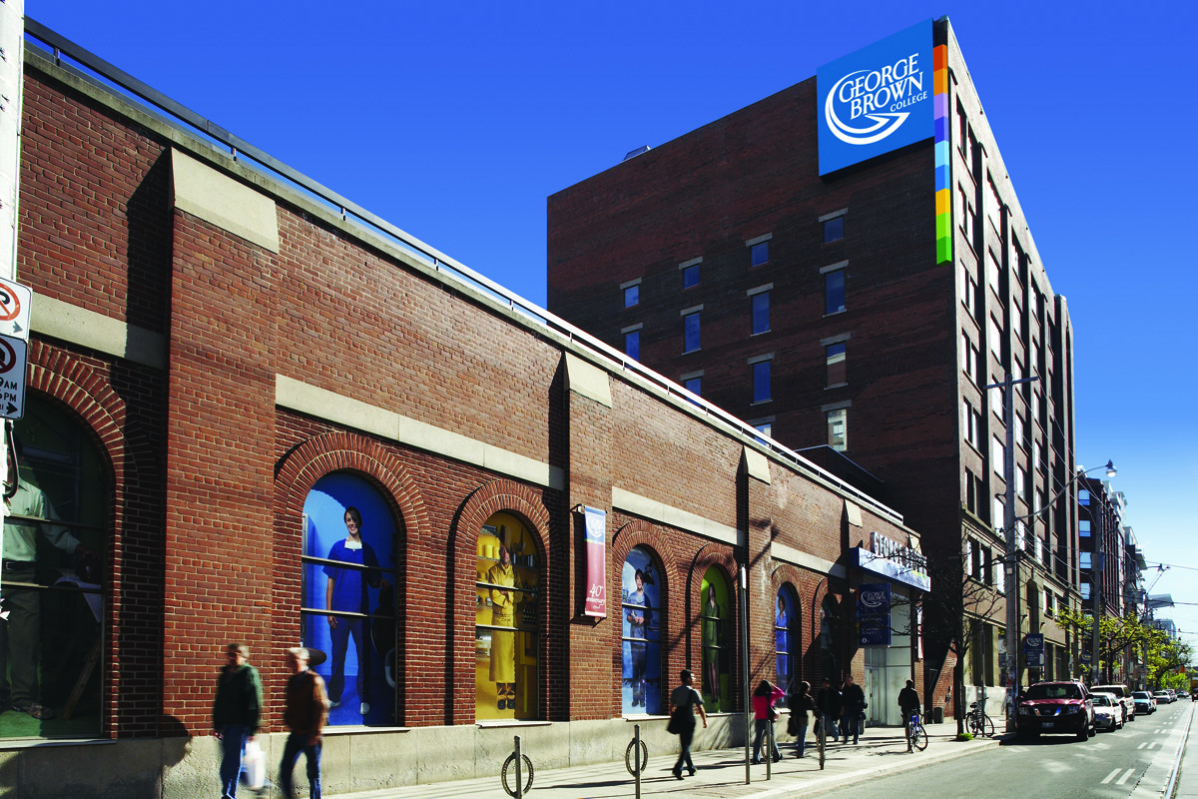Critics push back against campus inclusivity efforts
Cameron Raynor
Canadian University Press (CUP)
Efforts to make university campuses more inclusive are facing backlash. Campus policies such as safe spaces and trigger warnings are being equated to censorship and violation of freedom of expression.
Universities and student unions are coming under increasing criticism over the nature of social justice based policies. Recent events in the United States at Yale and the University of Missouri fueled criticism that safe spaces and other measures universities and student unions have taken to combat microaggressions—small actions and wordings that slight minorities despite bearing no malicious intent—amount to censorship. A decision by the Student Federation of the University of Ottawa to cancel a free yoga program over concerns about cultural appropriation have brought the issue into the spotlight in Canada as well.
Critics of political correctness and the creation of ‘safe spaces’ on university campuses asserts these policies restrict free speech and discussion. Even before recent controversies, the Economist warned that “student ‘safety’ has become a real threat to free speech.” In the article “The Coddling of the American Mind,” the Atlantic reported university professors are afraid to teach difficult content for fear of offending students. The article went on to say that, “according to the most-basic tenets of psychology, helping people with anxiety disorders avoid the things they fear is misguided.”
Michael Kennedy co-authored the Calgary-based Justice Centre for Constitutional Freedoms’ 2015 Campus Freedom Index, a report on freedom of speech at universities. He said schools are losing their status as places where ideas can be discussed freely. The report gave 41 Fs and only eight As to universities and student unions across Canada.
Kennedy said Canadian universities’ current policies suppress students’ ability to express unpopular views. He said the effort to turn campuses into safe spaces is being used to shut down student anti-abortion groups or men’s issues groups that are unpopular on campus. Efforts to create a safe space “have to play second to the essential value of free inquiry and the free exchange of ideas on campus,” he said.
Not everyone agrees.
Focusing on the implications for students with oppressive views is the wrong perspective, said Thomas Trombetta, a student and member of the Diversity Working Group at the University of Alberta Augustana Campus. He said there needs to be a bigger space for people who have been marginalized to explain their perspectives and the university needs to play a role in creating that environment.
Trombetta said microaggressions seriously impact oppressed groups and whether or not certain views should be allowed on campus “comes down to the possible implications of those intolerant views.”
“Your words are not free from consequences for people who are marginalized,” he said.
Supporters of safe space programs say the rules are necessary to address issues around racism, sexism, and homophobia. Without safe spaces, many students don’t feel safe enough to express themselves and face constant marginalization.
Trombetta said what is often overlooked is that people in positions of privilege are more able to walk away from issues of oppression and marginalization whereas others live those problems day-to-day. “Different views have different implications on people’s lived realities,” he said.
However, Kennedy said when students graduate and enter the workforce they won’t necessarily have safe spaces available, and that making students feel comfortable is “not legitimate grounds to restrict legal free speech rights in Canada.”
“Instead, these policies, like safe spaces, are incentivizing students to stay in a bubble, to stay coddled,” he said.
The problem with this approach, said Kennedy, is that by restricting what is and isn’t OK to say, universities are creating a space where students can’t learn from each other. “People don’t learn if they can’t be exposed to ideas, bad ideas or good ideas,” he said.
Trombetta agrees that freedom of expression is important, but doesn’t agree that safe spaces prohibit freedom of speech. “There needs to be a space for reconciliation,” said Trombetta, “rehabilitation for both sides.”
Distributed under the Creative Commons Attribution 4.0 International License. You are able to republish or adapt this article if you provide appropriate credit to the creator, a link to the license and an indication if changes were made.


